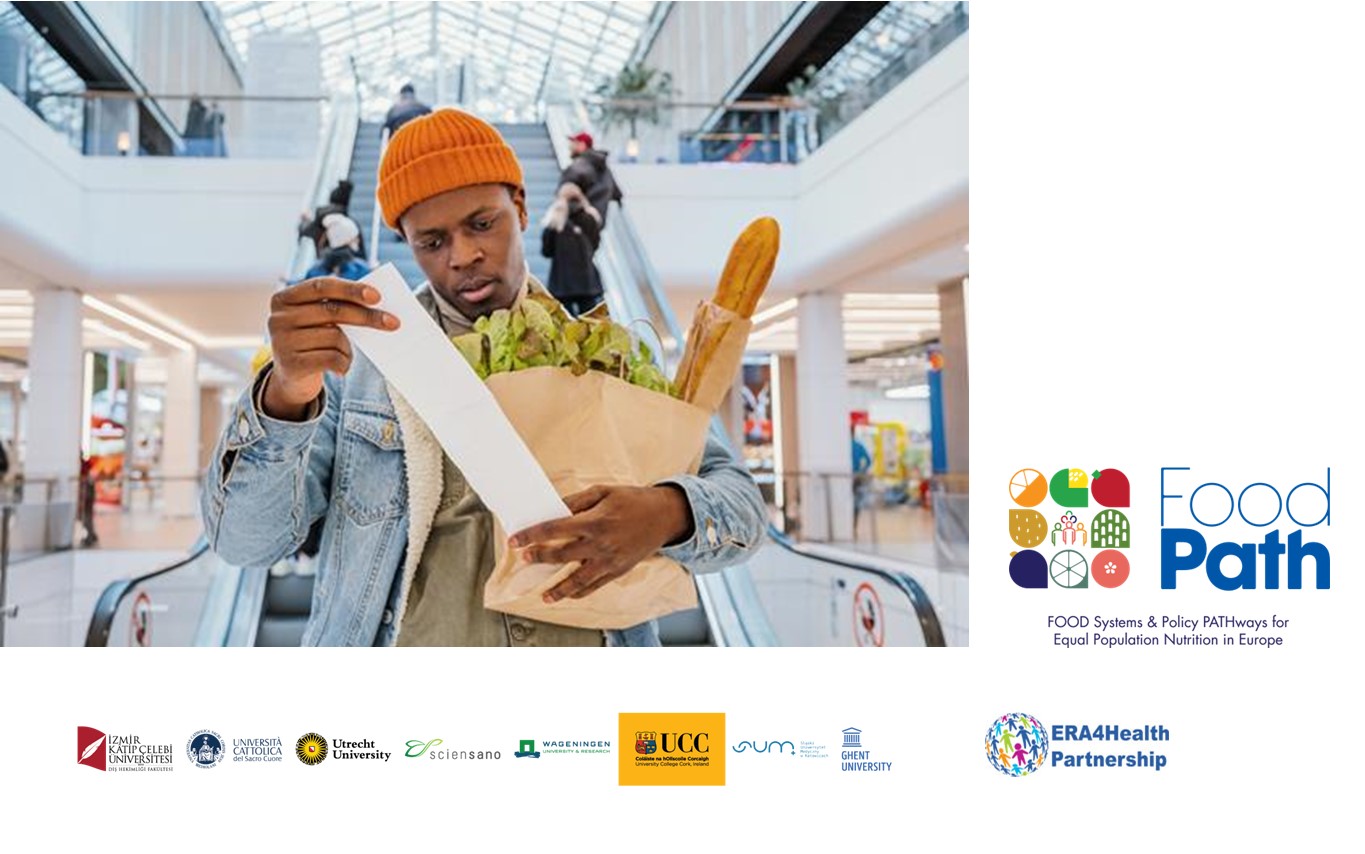Workpackage 4
Work package four will focus on investigating European consumers’ preferences and how they would respond to different fiscal interventions such as taxes on unhealthy food products.
Aims
- To investigate how fiscal policy (SSBs’ schemes) may incentivize manufactures’ product reformulation and how marketing strategies (i.e., price and product) might affect dietary intakes and then health inequalities across socio-economic groups.
- To examine acceptability and resistance to policy interventions to reduce food-related health inequalities and to identify the underlying mechanisms that influence these perspectives
- To gain insight into socio-economic differences in the preferences for policy interventions aimed at reducing food-related health inequalities
Why are we doing this research
Food policies implemented to enhance a more sustainable and healthy consumption might have an heterogenous effect on different socio-economic groups and generate some disparities on their applications. Especially when we talk about fiscal policies, it is important to evaluate who has a higher monetary contribution or receives more benefit from their application, considering also possible measures to mitigate these disparities. To do this, it is important to evaluate all the incentives that a policy application can lead to, considering the overall stage of stakeholders involved, such as private sectors, citizens, consumers, and government.
Further the acceptability of a policy among citizens is not a trivial concern from the government perspective and even an “optimal” policy might not receive final consensus for its application. Investigating the acceptability and resistance of different policy designs by citizens becomes then crucial when there is the need to rebalance the optimum with the accepted and the possible practice.
Providing a deep evaluation of a policy and considering the acceptability and the resistance of a policy measure or intervention are crucial in order to tackle inequalities while meeting community’s consensus.
What is involved
- Investigating to what extent do SSB tax schemes lead to product reformulation, and how does that impact socioeconomic inequalities in dietary intakes.
- Assessing how different SSBs tax schemes may incentivise product reformulation by SSBs manufacturers and then, to evaluate the impact of product reformulation on SSBs and sugar consumption across different socioeconomic groups.
- Assessing public support for political and commercial actions and policies to reduce food-related socioeconomic inequalities.
- Conducting a web-based survey to assess policy support for various schemes and actions aimed at promoting healthy diets.
- Performing a Cross-national experiment using discrete choice experiments (DCE) to investigate European consumers' preferences and willingness to pay (WTP) for healthier food choices under different policy scenarios. This will help evaluate the effectiveness of these initiatives in reducing food inequalities among different socioeconomic groups.
Who is involved
Catholic University of the Sacred Heart (UCSC), Italy will lead the research for Work Package four.
The other partners taking part in Work package 4 are:
Wageningen University & Research (WUR), The Netherlands, University College Cork (UCC), Ireland, University of Ghent (UG), Belgium, and Medical University of Silesia (SUM) Poland.
Outputs for Work Package 4
There are currently no outputs to report.


